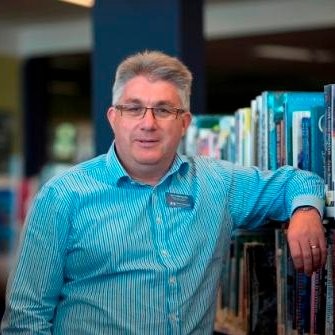
Kāpiti Coast Libraries are trialing the implementation of the NZLPP workforce capability framework and a social impact model. The NZLPP framework has drawn on the CILIP Professional Knowledge and Skills Base (PKSB) which was updated in 2021.
Ian's application was to support a study visit to the United Kingdom to build on Ian’s knowledge of how a national capability framework can be utilised in a local public library context, with particular reference to building capabilities that support an understanding of social impact/value into library operations. Ian is interested to know how smaller to mmedium-sized public libraries in the United Kingdom have implemented the CILIP framework and what changes are being made in response to the 2021 revision.
Ian will travel to the United Kingdom in 2023 and will share his learning at the LIANZA 2023 Conference, in Library Life and at other sector events.
The grant was established in 1996 due to a bequest by Archibald Dunningham and named in honour of Edith Jessie Carnell, who worked from 1939 to 1944 as a liaison between the NZ Library Association and the County Library Service.

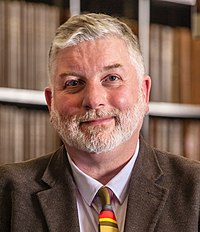
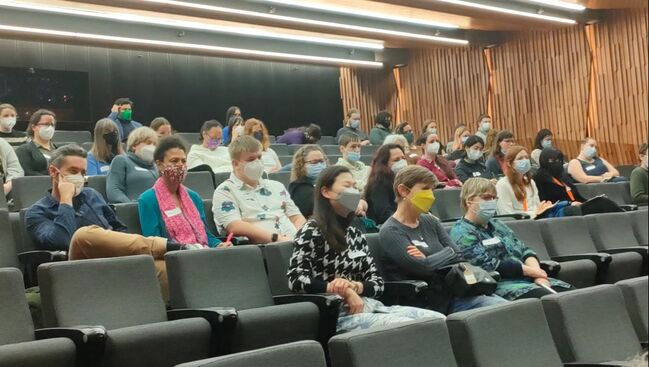
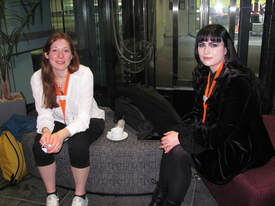
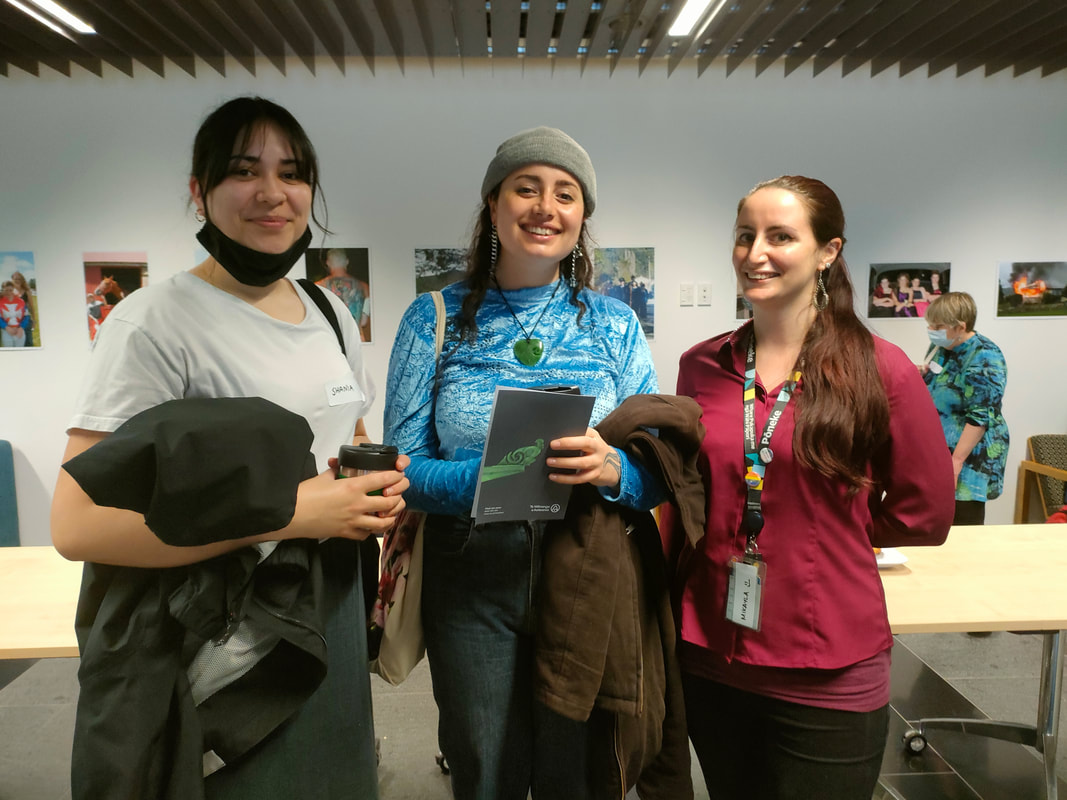
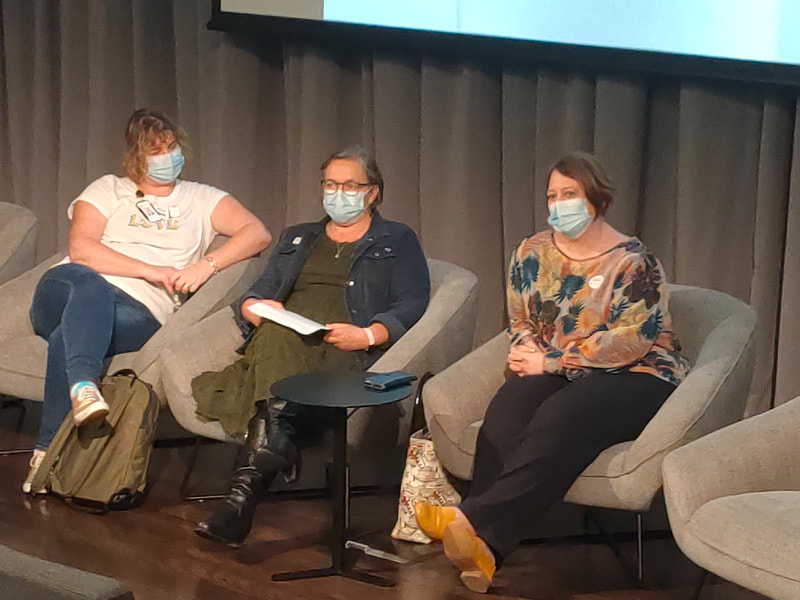
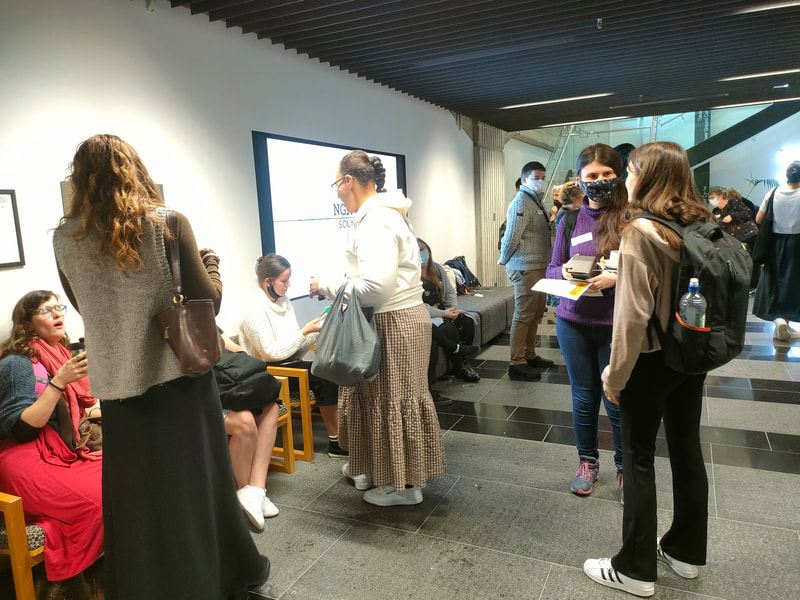
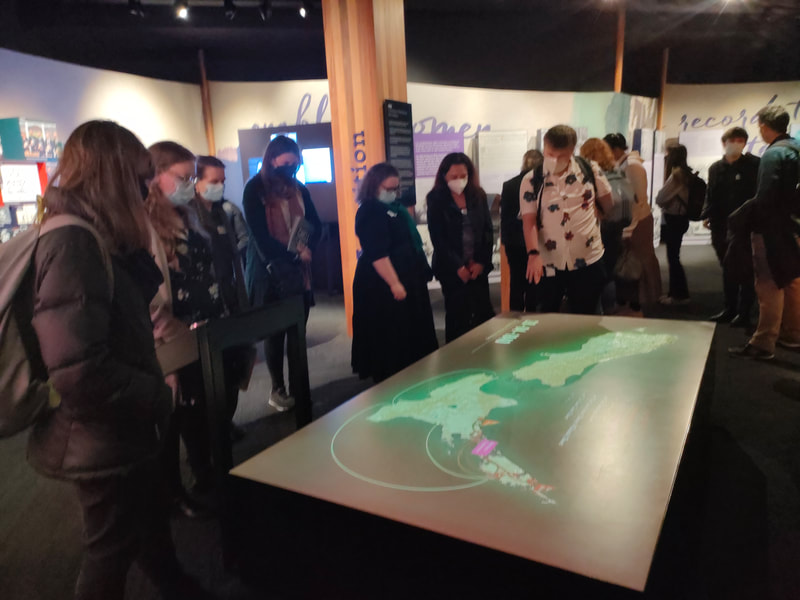
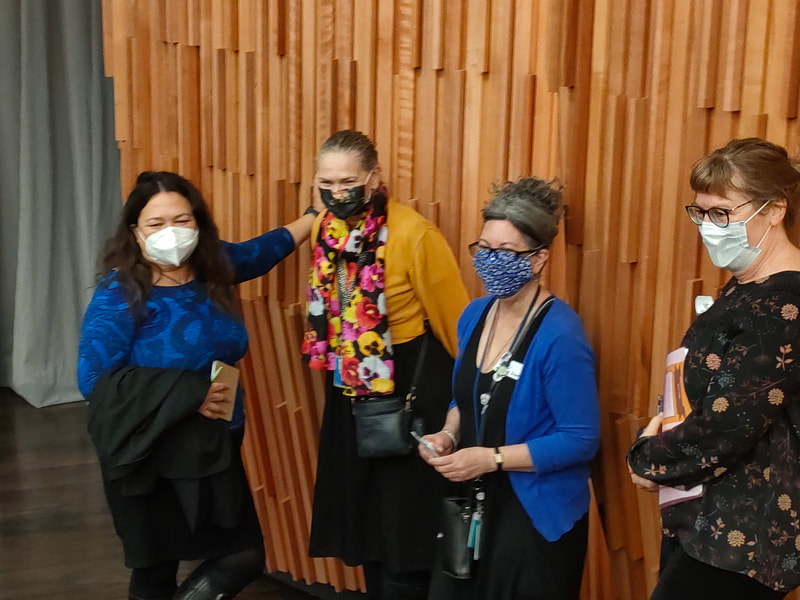
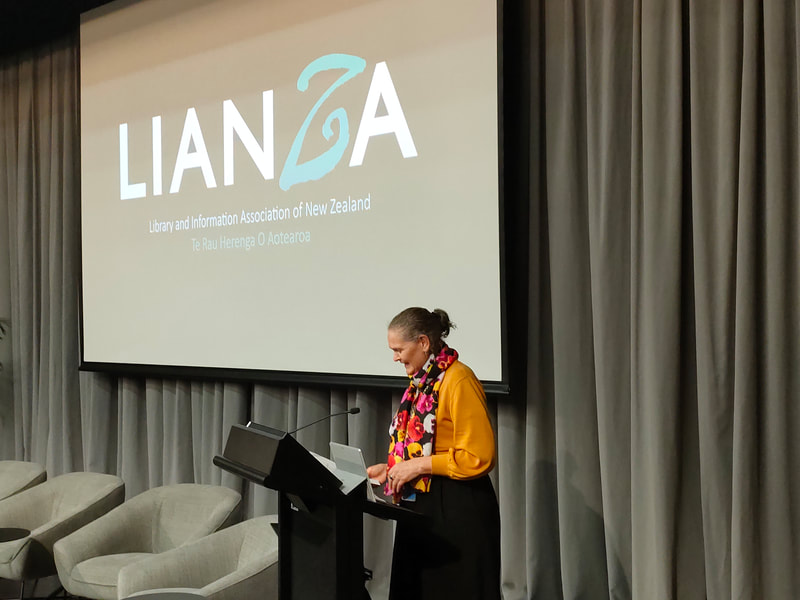
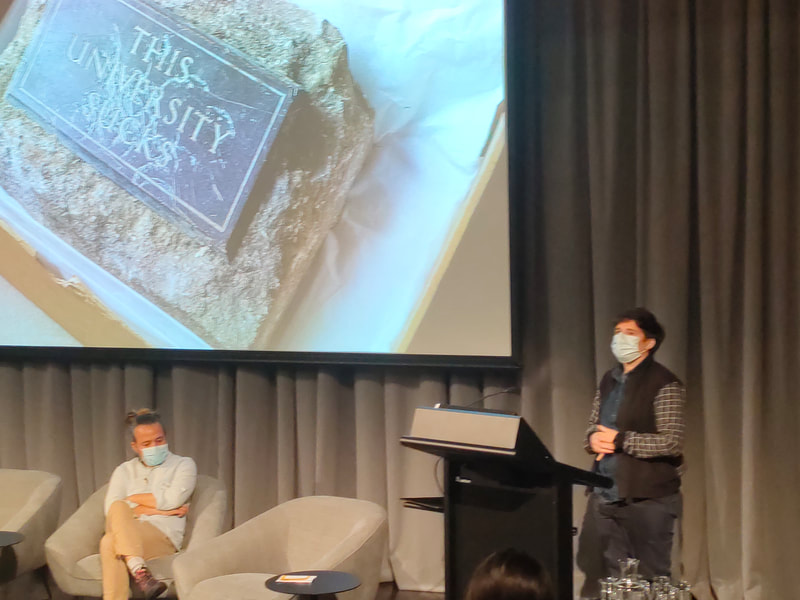
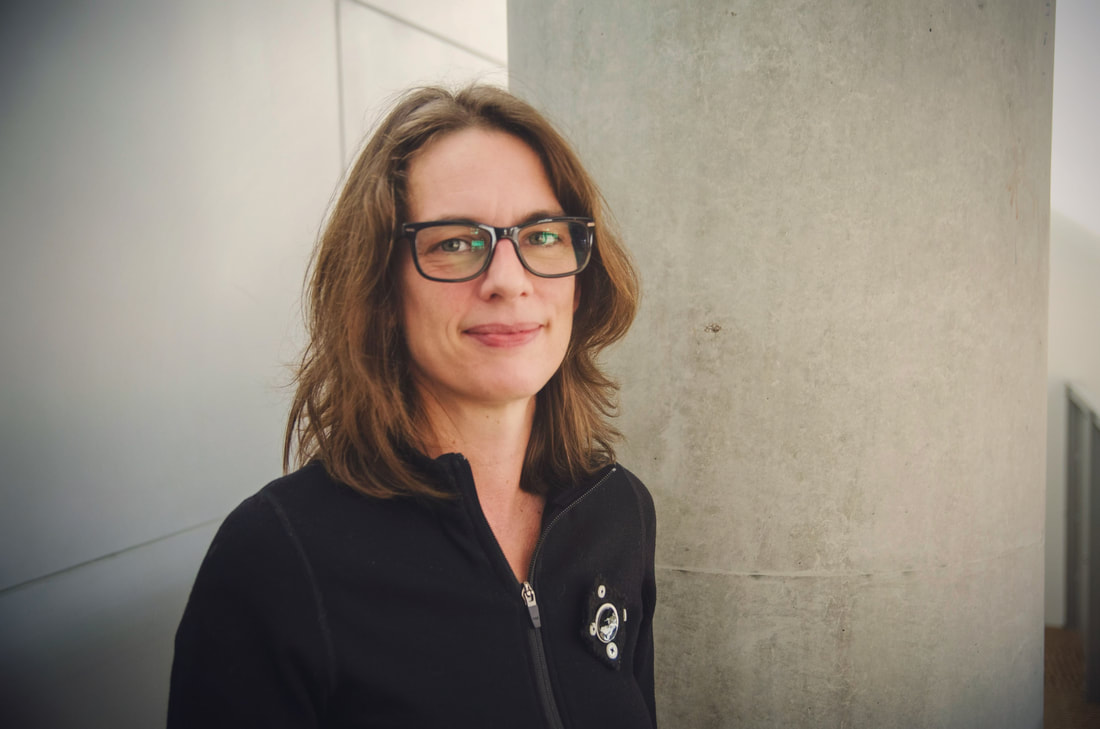
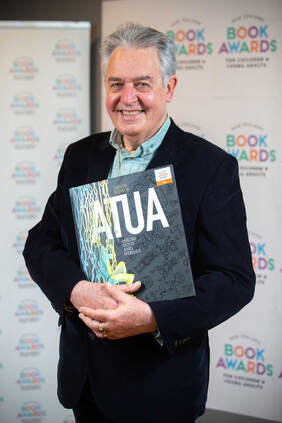
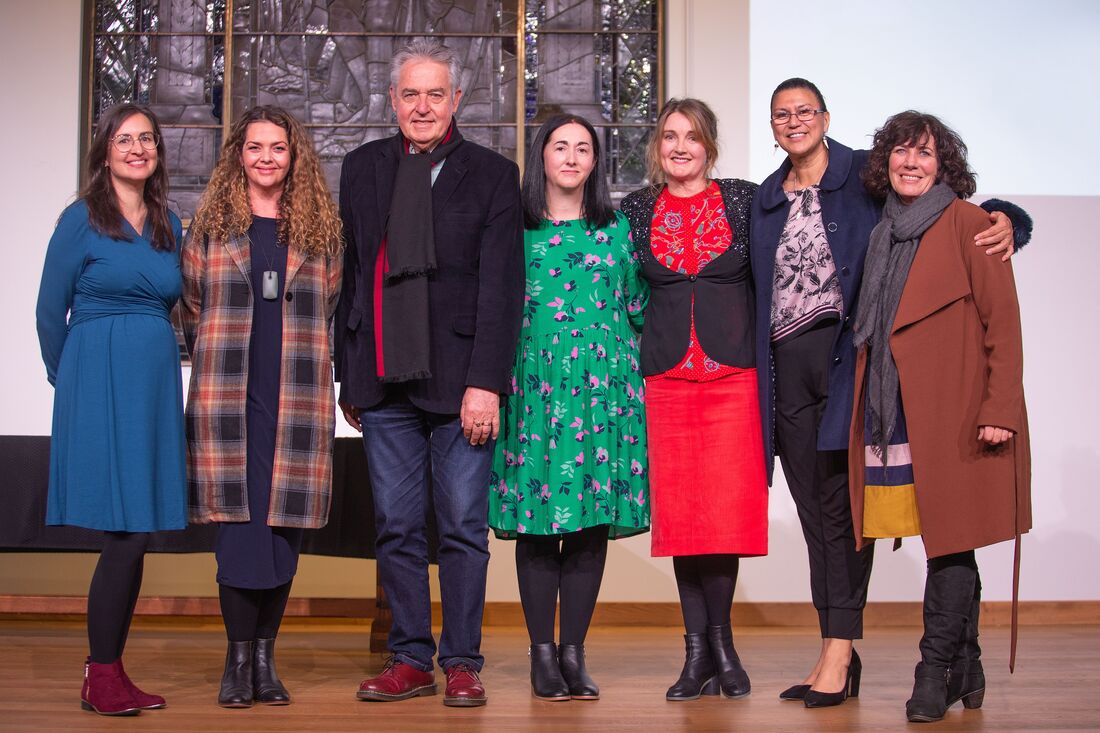
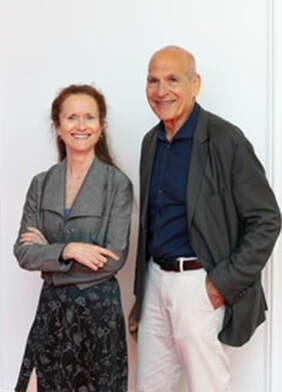
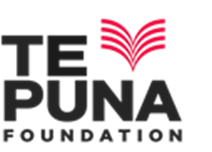

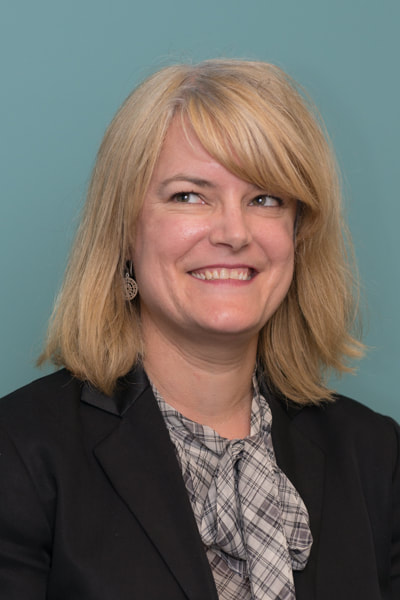
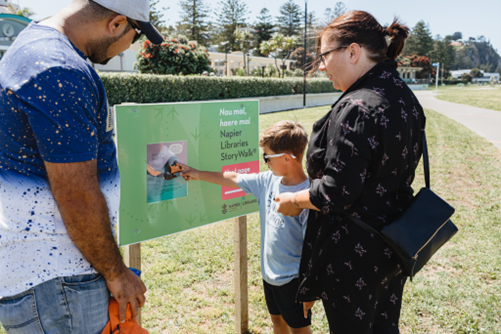
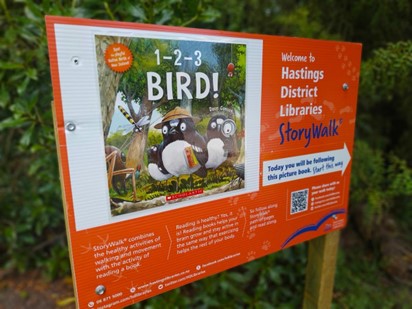
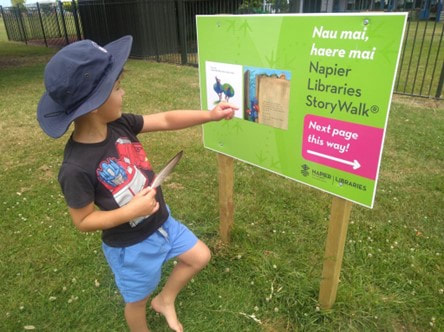
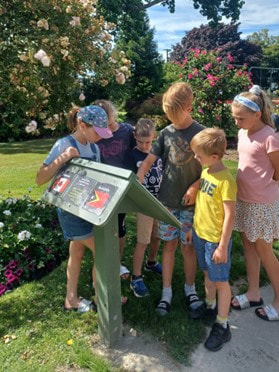
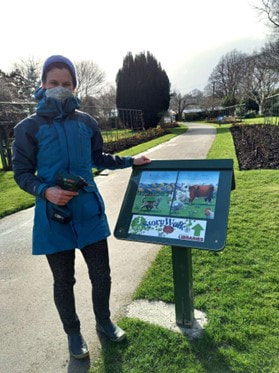
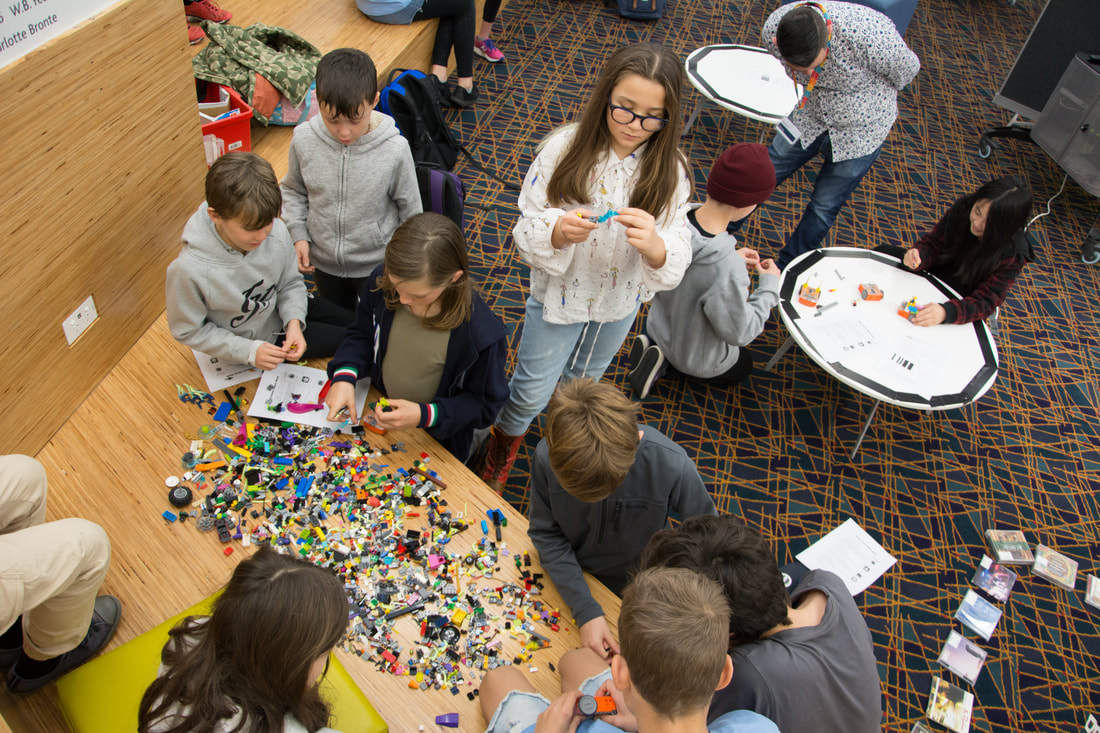
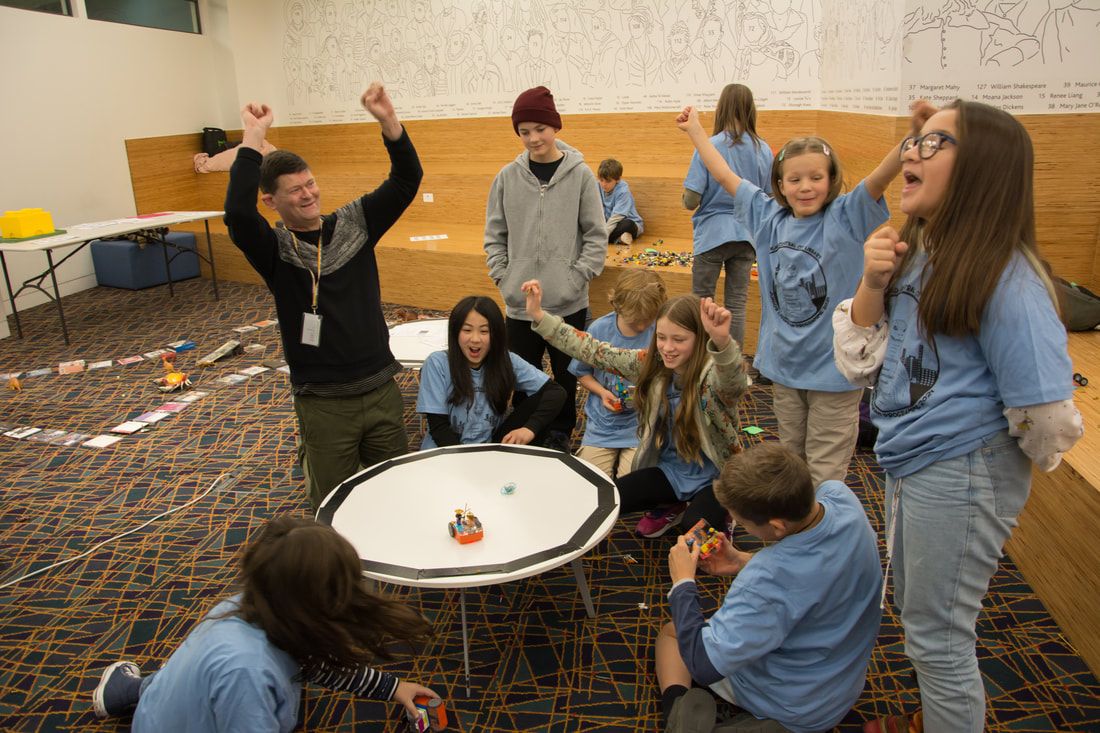
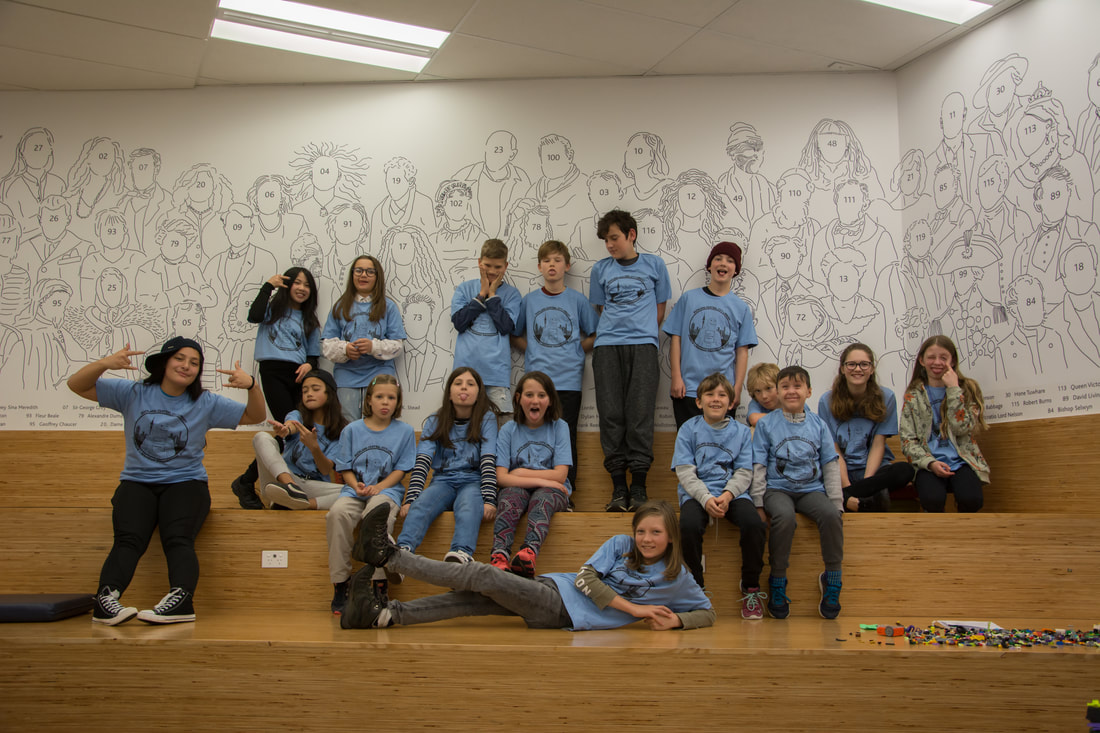

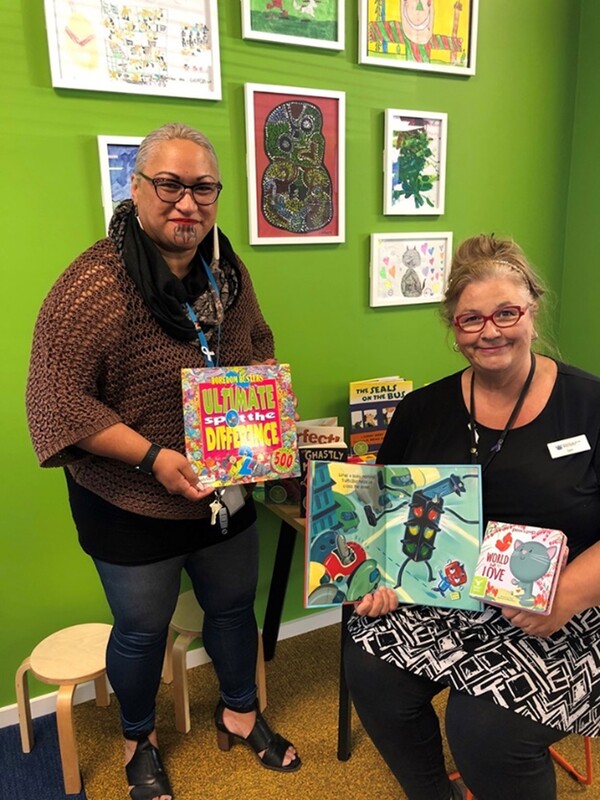
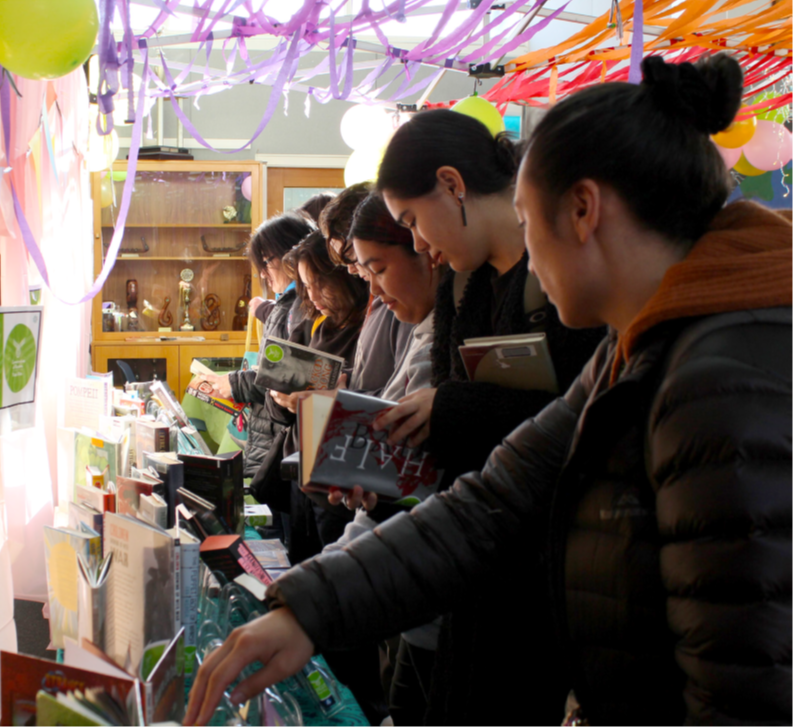

 RSS Feed
RSS Feed